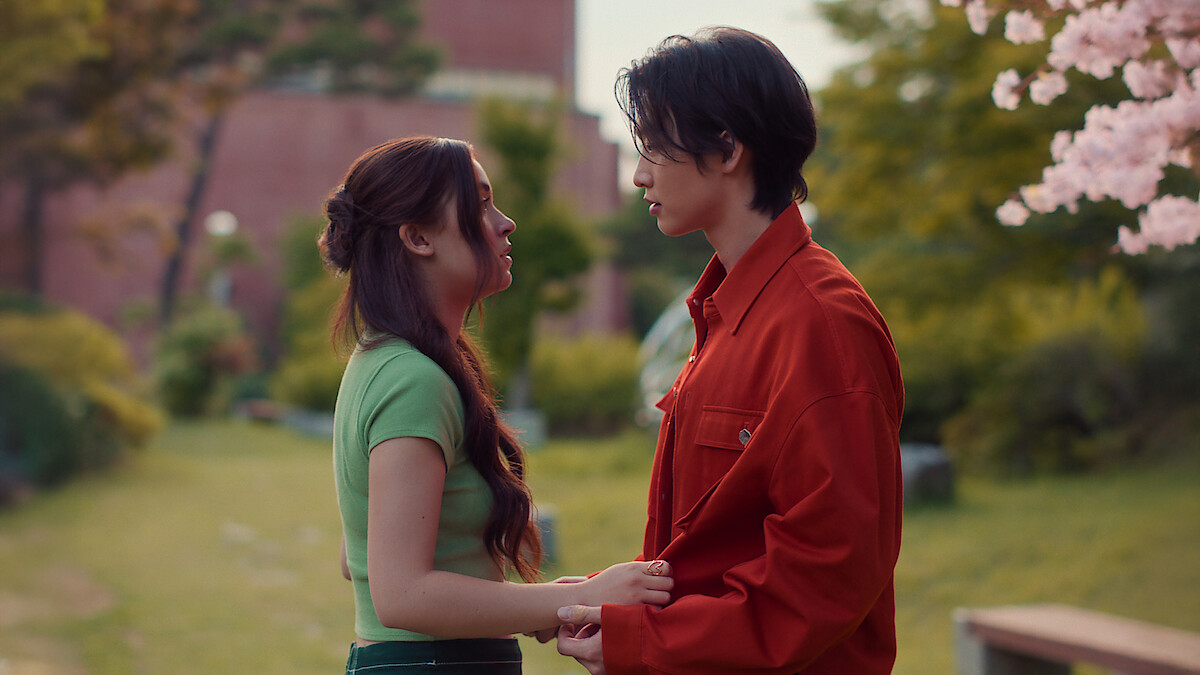In times of stress, we look for escape. And one of the tried-and-true escape methods is a good old-fashioned engaging TV show. From this point of view, Squid Game’s second season, which came out the day after Christmas, had excellent timing. But as I watched Squid Game 2, I consistently felt that the series—especially its violence—hit different.
I still remember the feeling of Squid Game’s first season. I remember constantly being on the edge of my seat and audibly screaming when contestants were killed. The sadness I felt when characters I liked died really stuck with me. There was a cruelty to Squid Game, but it felt like an outlet. “Capitalism is cruel,” the show seemed to say. “Let’s exorcise that frustration from ourselves in the most visceral, thrilling way we can.”
That thrill of season 1 morphed into season 2 feeling like a chore. Had Squid Game changed … or had I?
Heavy hearts
Squid Game’s first season came out in September 2021, over three years prior to its sequel. Anyone will tell you that January 2025 alone has felt like a year. Three full actual years. Fall/Winter 2021 feels like a lifetime ago, as I was reminded when I watched Squid Game 2.
Whenever there’s a long gap between seasons (and you’re too lazy to do a full rewatch ahead of time), there’s always a “settling back in” period. But it felt like the “settling back in” period for Squid Game 2 was at least three full episodes into the eight-episode season. Even once we were back in the swing of things, the show felt different.
Part of this is, of course, by design. Gi-hun runs in front of the crowd during “red light, green light,” trying as best he can to stop the slaughter. But the slaughter continues. The show tries to spice things up this time by adding a new mechanism through which contestants vote after each game whether or not the group continues playing, and it does feel like we watch everyone.
Squid Game has also changed outside of the show itself, with Netflix cashing in on their hit series with no sense of self-awareness. Their reality show version, Squid Game: The Challenge, is the tip of that iceberg. A wealthy studio cashing in on a deeply anti-capitalist show the way Netflix has made me experience cognitive dissonance in my brain.
Still, as the games continued, the contestants’ deaths struck me as gratuitous and hard to watch. Because as the dumb vote keeps failing, we know how this ends: with all but one of these people, playing this game because they’ve been driven to financial despair, dying. What was once thrilling hit me now as simply cruel for the hell of it. As sympathetic characters began to bite the dust, I found myself wondering, “Do I really need this right now?”
Because I, too, had changed. In these three years, it feels like my country’s base discourse has gotten actively crueler. Depending on when you watched Squid Game 2, we were either preparing for Trump’s second term or already in it. Given the oligarchic nature of his cabinet, Squid Game’s ruling class feels closer than ever.
Watching the contestants struggle doesn’t feel cathartic this time around. It feels like being hit with punches while we’re already trying to put up a guard stance.
So, we’ve both changed. And it has deeply affected how I feel about Squid Game, for the worse.










Published: Jan 29, 2025 2:36 PM UTC